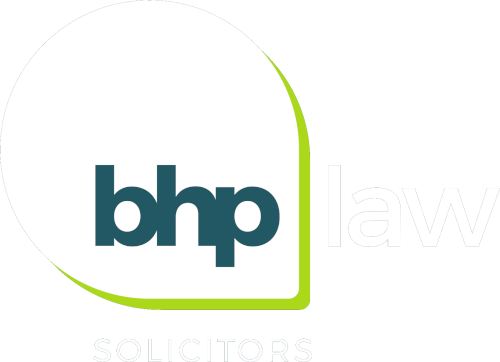A Trust is created when you give assets (generally property, shares or money) to a small group of people (the 'Trustees') and tell them to hold onto those assets on behalf of one or more different people (the 'beneficiaries').
A Trust can be made during your lifetime or within a Will.
Generally, the terms of the Trust have to be written down so that everyone knows where they stand.












